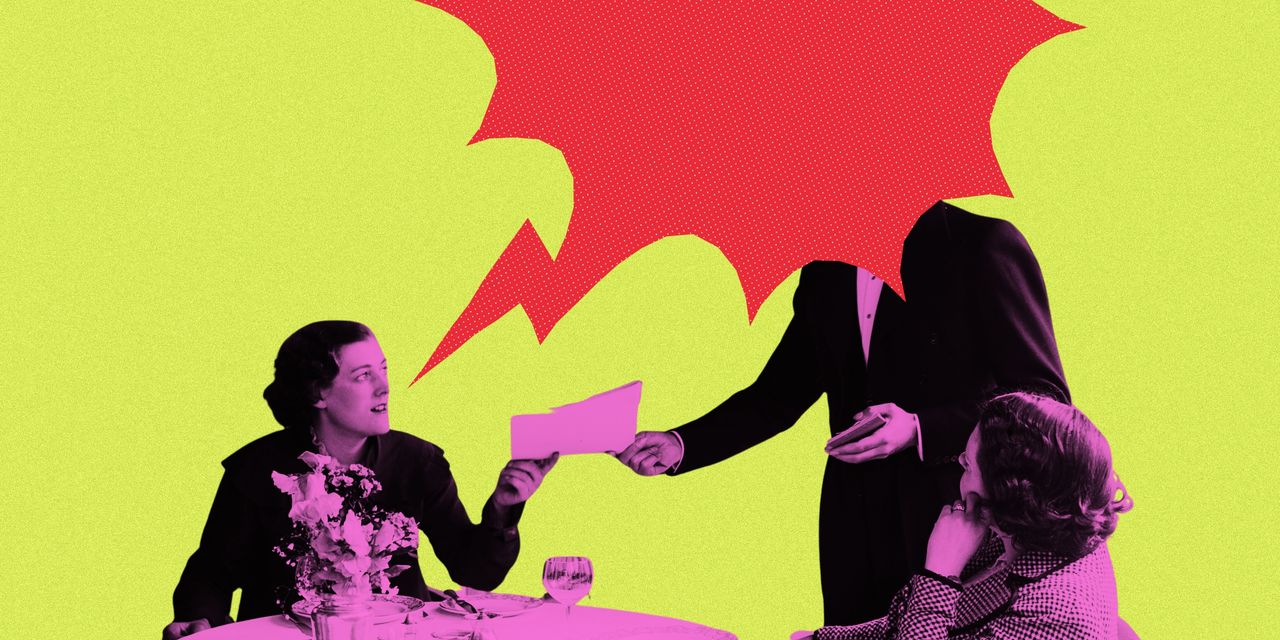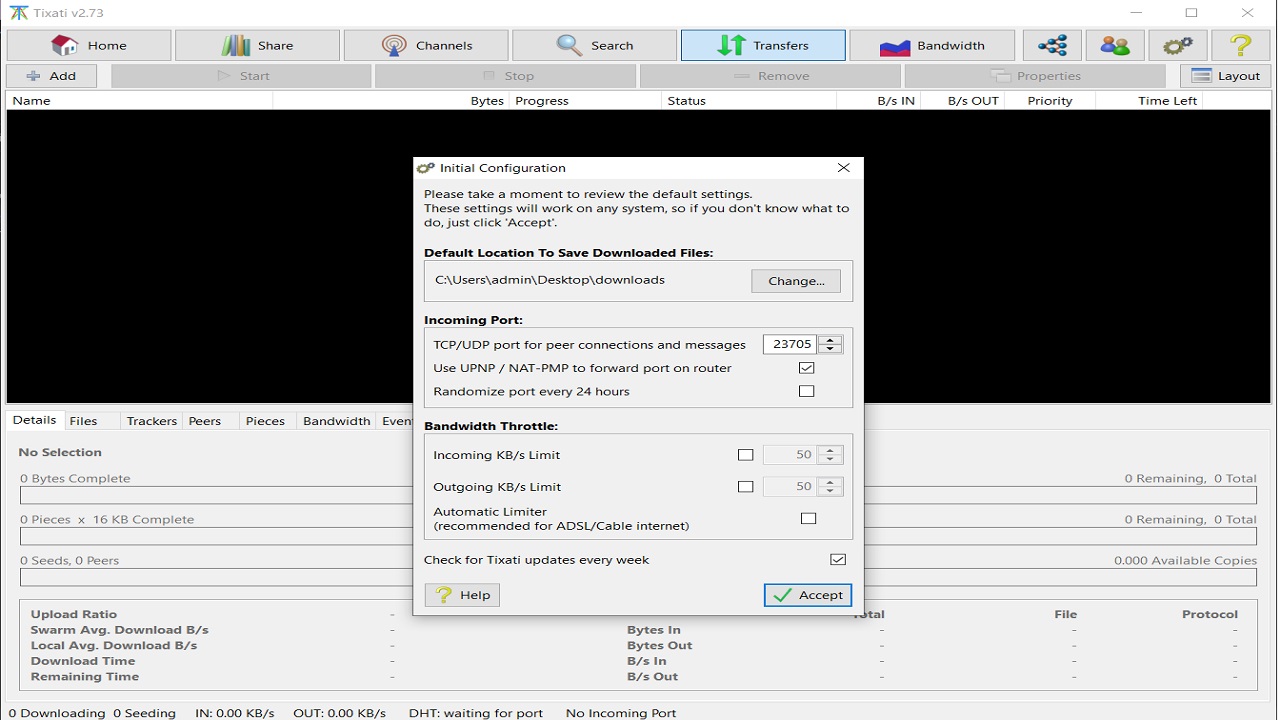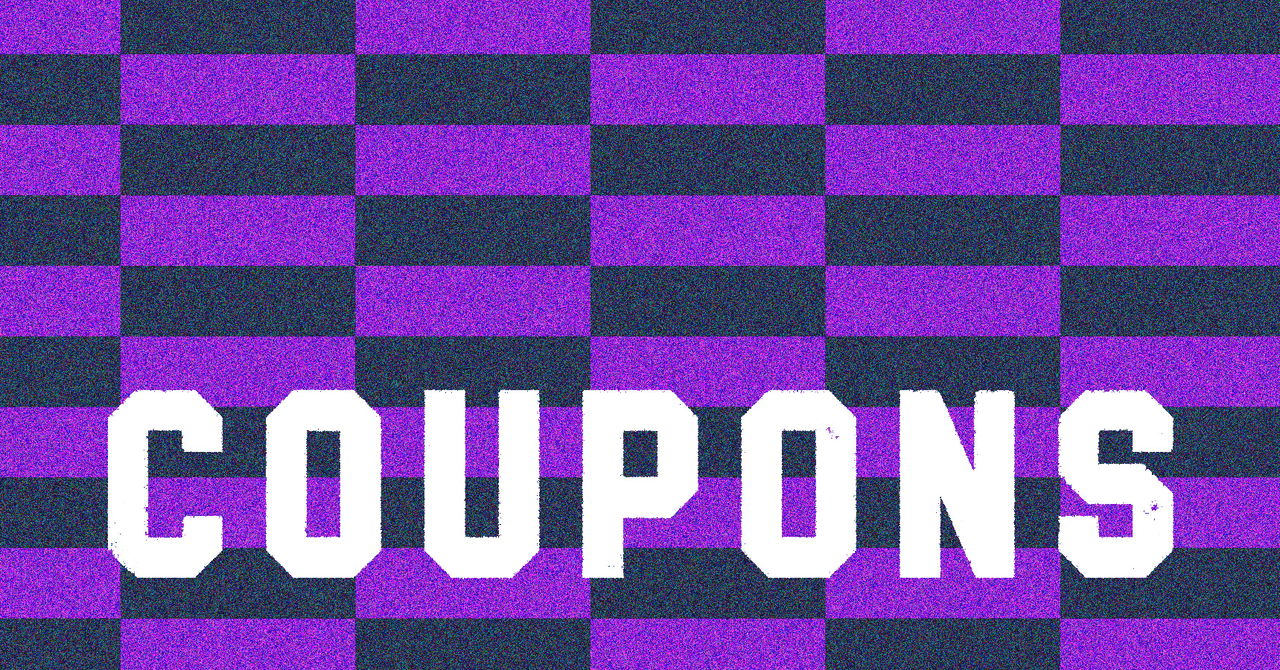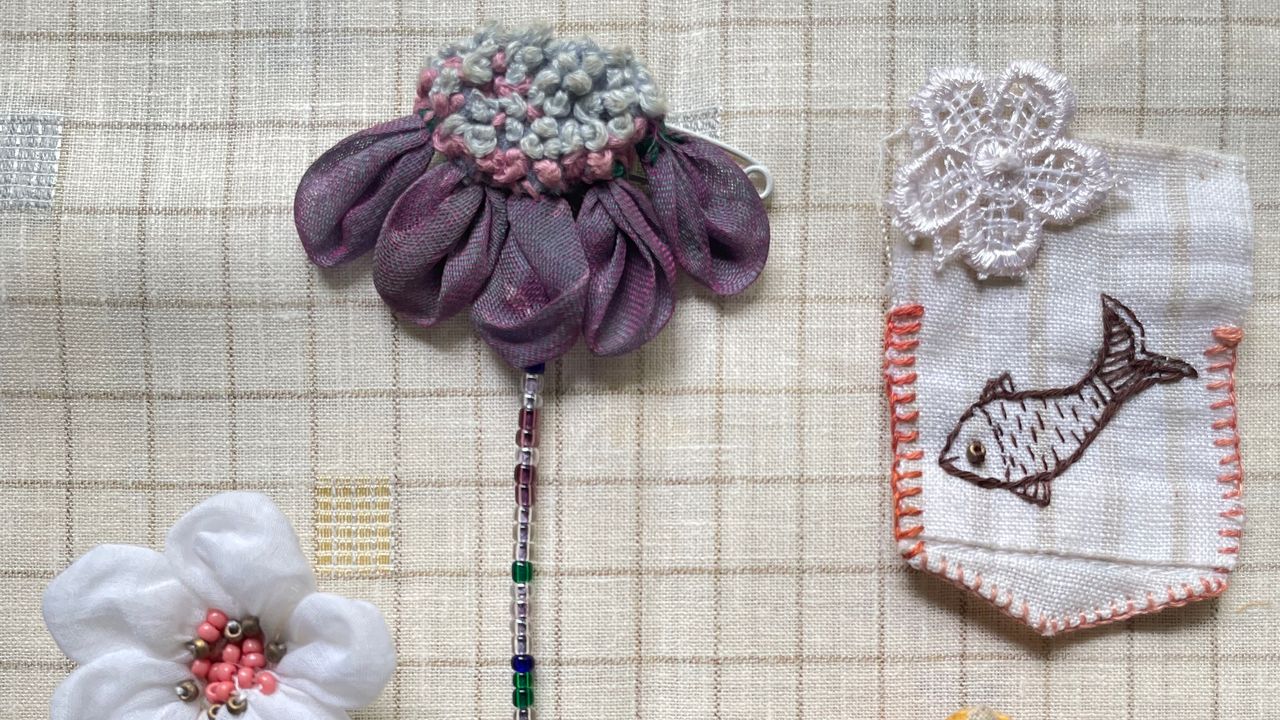Blog
My Friend Always Gets Free Stuff by Complaining to Managers—and It Gives Me the ‘Ick’

Welcome to Asking for a Friend, an advice column that helps you make sense of your messiest, most complicated friendship moments. Each month, clinical psychologist Miriam Kirmayer, PhD, will answer readers’ burning—and anonymous—questions. Got one of your own? Ask Dr. Miriam here.
Dear Miriam,
I have a friend who constantly complains to management (like, making a fuss about the food or service at restaurants) just to get their way or to get freebies. Honestly, it’s embarrassing, and their sense of entitlement makes me so uncomfortable in these awkward situations. I’m kind of getting the friendship “ick” from it. So…what’s the best way to call them out? Or is this something I have to accept as part of who they are?
—Freeloading Fatigue
Freeloading Fatigue,
Rudeness or entitled behavior directed toward people working in the service industry really is a red flag in any relationship.
What’s interesting, though, is that this technically isn’t a friendship transgression. Your friend hasn’t done anything to you—but it is a conflict. There’s tension between your respective needs: your need for comfort, for the trust and safety that stem from sharing basic values related to kindness and respect (or perhaps just for an uninterrupted dinner conversation). Then there’s your friend’s desire for, in your experience, a free ride. This “ick” sounds like an itch that needs to be scratched.
However, acceptance—in the way you’ve described it above—isn’t likely to bring you any relief. It sounds more like resignation. Yes, you can work to accept that your friend may never let disappointments or minor mishaps go (be it an overcooked steak or a lukewarm latte) in the way you wish they would. But that doesn’t mean you have to continually place yourself in these uncomfortable situations.
One strategy is to come up with a “go/no-go” list for this friendship. Maybe frequenting restaurants, bars, or coffee shops together just isn’t the right context for you right now. Go for a walk, volunteer together, or invite them over for dinner (they may be less likely to complain when you are the host—at least one would hope!). Give yourself a chance to stop picking at the itchy (or icky) scab and let it heal. Getting clear on the types of environments you feel most comfortable connecting in may be the very thing that spares the aspects of your friendship that are more fulfilling.
Now if you do choose to bring this up, my instinct is to frame the conversation as an attempt to understand a pattern:
If you want to focus on how this is affecting your friendship (as opposed to trying to subtly influence your friend’s behavior), you can emphasize your desire for uninterrupted conversation:
And if you want a clear but gentle way to set your boundaries, try something like:
I’ve seen all sorts of unexpected answers come out of these conversations that generate both creative solutions and greater closeness—though if nothing comes from it, you may decide it’s time to find other friends to grab dinner with (where you don’t spend the evening whispering apologies to the waiter).
It can be hard to show empathy toward your friend when they’re exhibiting what you consider to be entitled or rude behavior. But instead of asking What kind of person would do this?, try asking yourself: What might be driving their behavior at its root? Could it be that you’re unknowingly choosing places that don’t fit their dietary needs or budget? Are they struggling in an unrelated area of their life and experiencing a lack of control that’s leading to this overcompensation? What you view as entitlement might actually be anxiety, stress, or a desire for things to be perfect so they can focus on being present—and that may be a shared goal.
One thing I am curious about, though, is the “fuss” you describe, and what it actually looks like. Because there’s a difference between requesting to have an error fixed and downright disrespect or manipulation.
If we’re talking about the former, here’s a thought experiment: How comfortable are you making a “fuss”? When someone cuts in line while waiting for the ATM, do you ask them to find their rightful place? When a barista mixes up your coffee order, do you send it back? I’m not necessarily suggesting that you should (although this is an exposure exercise I have prescribed to clients on more than one occasion). But I am wondering if some of what you dislike about your friend’s purported “fuss” might actually be rooted in your own discomfort with having your needs met—especially when it feels inconvenient or intrusive.
I’ll leave you with one final question to reflect on: Are you afraid that others are making attributions about you? What kind of person would be friends with someone like this? In this case, I recommend you reframe your thoughts and use this as an opportunity to consider: What are the factors that lead you to stay friends with this person? I’m imagining there are plenty of situations where that perceived entitlement isn’t front and center and you enjoy your time together. That, or you believe in their capacity for change—in which case, a conversation may very well be warranted. And if not, then that is definitely a worthwhile question (and perhaps a future column).
Related:












